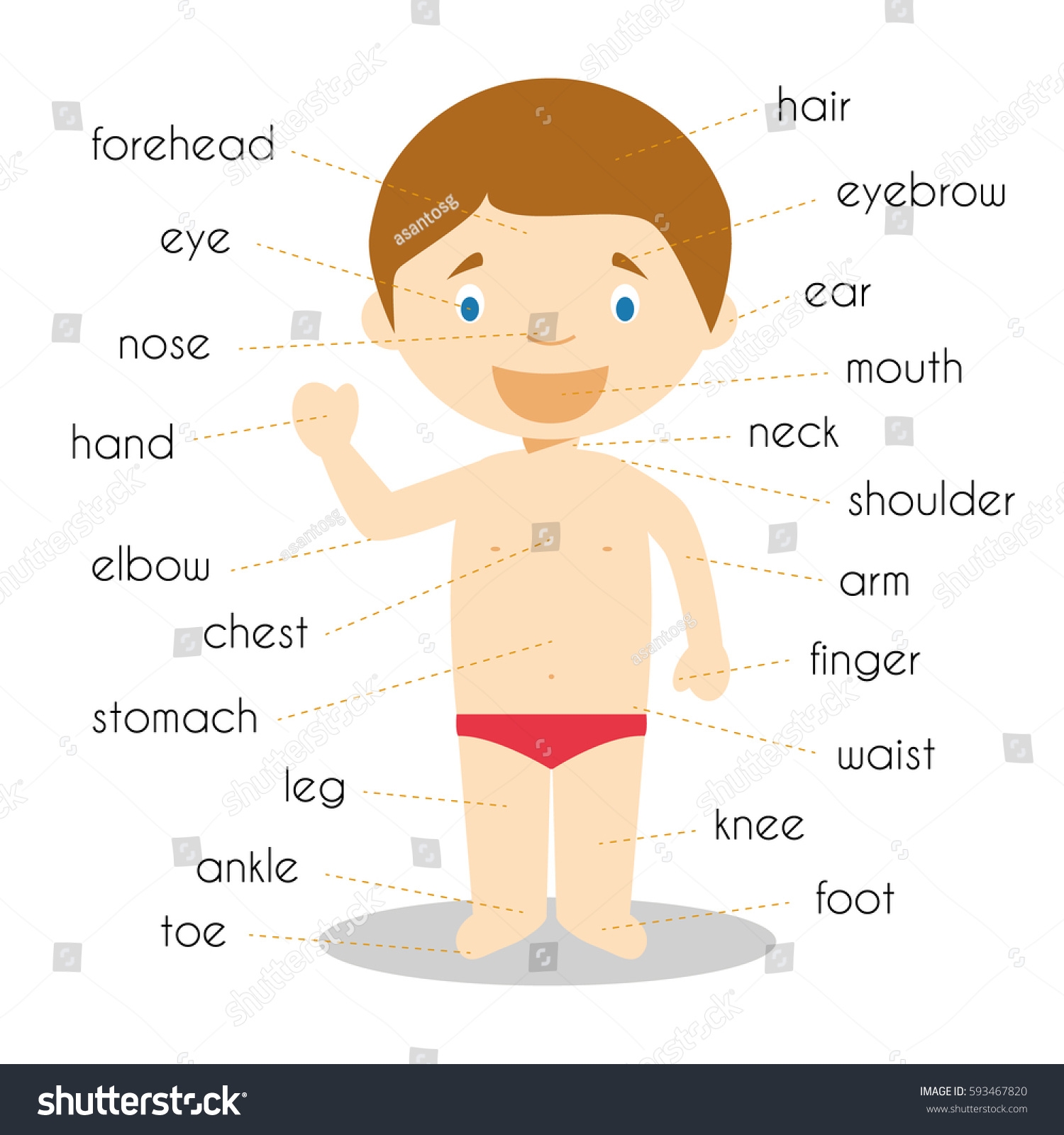Our bodies are complex and fascinating machines that perform a multitude of functions every day. To describe and understand the various parts and processes of the human body, it is important to have a good grasp of the relevant vocabulary. Here we will explore some key terms that are commonly used when discussing the human body.
Whether you are a student studying biology, a healthcare professional, or simply someone interested in learning more about the human body, having a strong foundation in body vocabulary is essential for effective communication and understanding.
Human Body Vocabulary List
1. Brain: The central organ of the nervous system, responsible for processing information, controlling movements, and regulating bodily functions.
2. Heart: The muscular organ that pumps blood throughout the body, delivering oxygen and nutrients to cells and removing waste products.
3. Lungs: Two organs located in the chest that are responsible for exchanging oxygen and carbon dioxide during breathing.
4. Stomach: A muscular organ in the digestive system that breaks down food through the secretion of acids and enzymes.
5. Bones: The rigid structures that make up the skeleton, providing support, protection, and mobility for the body.
Understanding the functions and interactions of these and other body parts is crucial for maintaining good health and treating medical conditions. By familiarizing yourself with the vocabulary related to the human body, you can better communicate with healthcare providers and understand information about your own health.
Whether you are learning about anatomy in a classroom setting or simply want to expand your knowledge of the human body, having a solid grasp of body vocabulary will serve you well in various aspects of life.
By continuously learning and expanding your vocabulary, you can deepen your understanding of the human body and appreciate the intricate processes that keep us alive and functioning every day.
Take the time to explore and become familiar with the human body vocabulary list, and you will be better equipped to discuss, learn about, and care for the amazing machine that is the human body.
